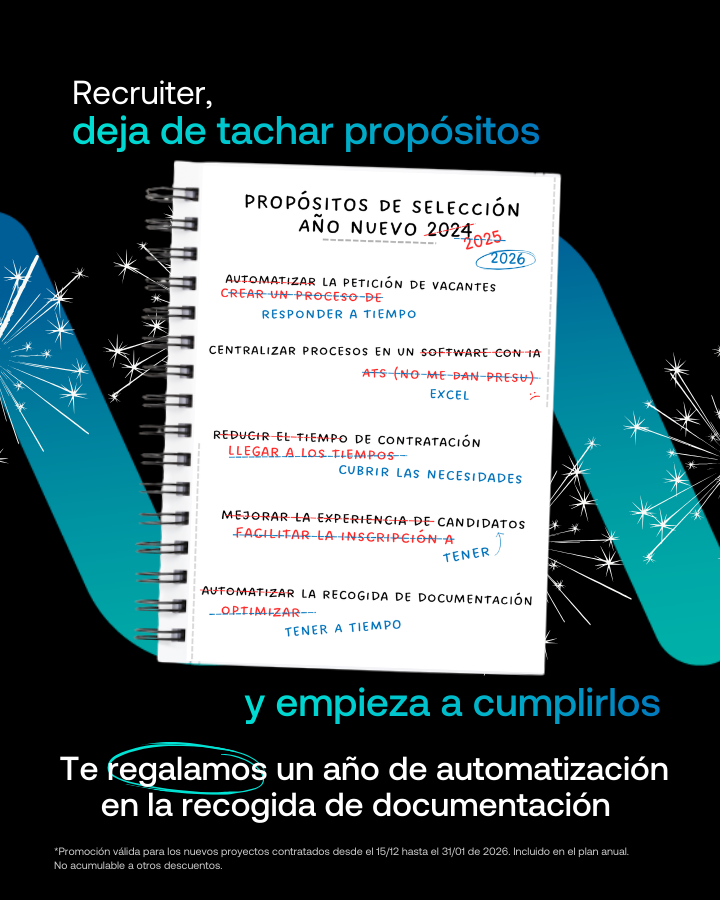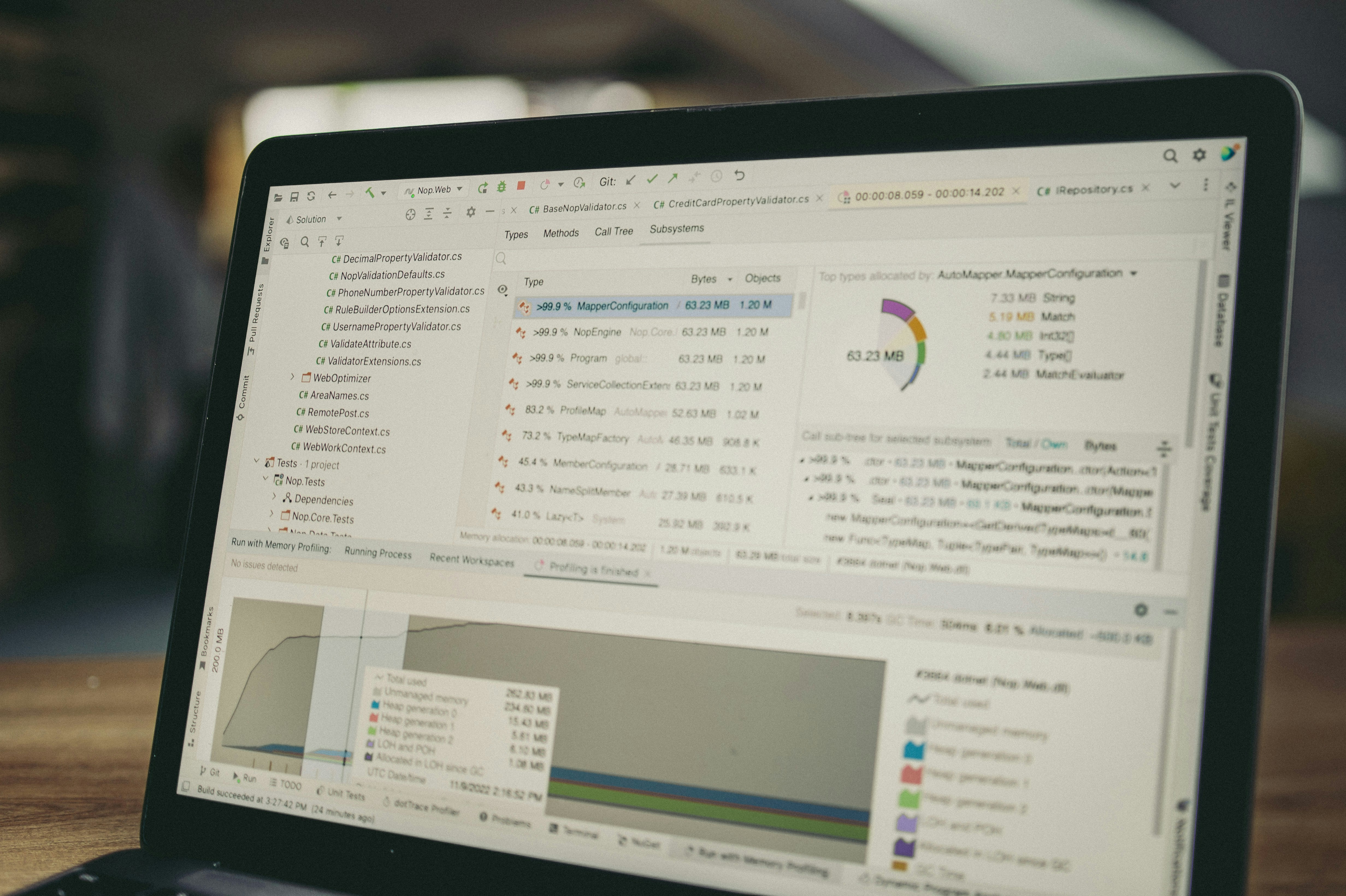Internal promotion and talent retention
.jpg)
In today's dynamic business environment, the search for professional advancement and growth within an organization is a desire shared by many employees. However, a persistent challenge faced by both workers and companies is the lack of internal promotion.

The Difficulty of ascending.
1. Lack of transparency in promotion processes.
One of the main reasons behind the lack of internal promotions lies in the lack of transparency in promotion processes. When employees don't clearly understand the criteria and expectations for advancing their careers, they can feel demotivated and disconnected.
2. Absence of ongoing professional development.
Companies that don't prioritize continuing professional development may find employees stuck in roles without clear opportunities for growth. The lack of training and mentoring programs can contribute to demotivation and the perception of professional stagnation.
3. Organizational culture and talent retention.
The inability to retain and promote internal talent can result in a weakened organizational culture. The constant turnover of talented employees can negatively affect team morale and external perception of the company.

Strategies to promote internal promotion, with digital support.
1. Transparency and communication.
To address the lack of transparency, companies must clearly communicate promotion criteria and provide constant feedback. This involves setting clear expectations from the start and providing regular updates on employee progress toward achieving objectives.
Implementing digital HR platforms that are accessible to all employees can significantly improve transparency. These platforms can provide real-time information on promotion opportunities, evaluation criteria and career progression.
2. Ongoing professional development.
Implementing ongoing professional development and mentoring programs can make a big difference. Providing opportunities to acquire new skills, take on challenging projects, and receive guidance from experienced professionals can motivate employees and prepare them for more advanced roles.
Using AI algorithms to analyze performance data and personal preferences can boost personalization in professional development programs. Automated course recommendations, project assignment, and mentoring opportunities can help employees advance their careers more effectively.
3. Evaluations and awards.
Performance evaluations must be fair and based on merit. Identifying and rewarding effort and success contribute significantly to talent retention. Companies must ensure that employees feel that their hard work is recognized and valued.
HR analytics, backed by AI, can ensure a fair and merit-based evaluation. Algorithms can analyze performance data in an unbiased manner, identifying patterns that might go unnoticed in manual processes.
4. Personalized career planning.
Creating individualized career plans for each employee can be an effective strategy. These plans must address short and long-term professional goals, clearly identifying the promotion opportunities and the development necessary to achieve them.
AI-assisted self-assessment tools can help employees identify personalized goals and areas for improvement. This information fuels the creation of individualized career plans, with specific milestones and clear paths to promotion.

The lack of internal promotion can be effectively addressed through strategies that integrate technology into Human Resources processes. By harnessing the power of Artificial Intelligence, companies can build more transparent, personalized and efficient organizational cultures, thus promoting talent retention and providing employees with the tools they need to move up their careers in a meaningful way.
.jpg)
Fulfill your selection purposes
Recruiter, fulfill your recruitment purposes in 2026 with the help of Velora. And as a gift, a free year on automatic document request.

Related articles
More articles to inspire your HR strategy









